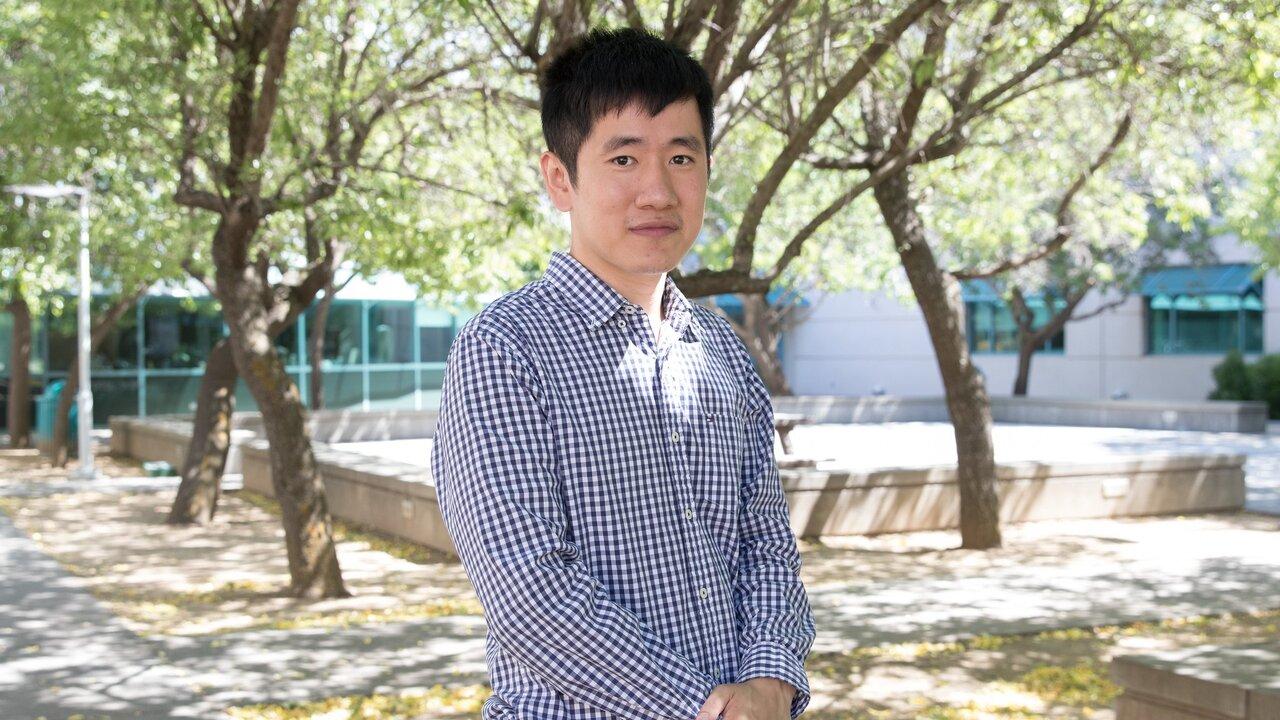
Xinfan Lin wins NSF CAREER Award
Mechanical and aerospace engineering assistant professor Xinfan Lin has received the prestigious National Science Foundation (NSF) Early Career Development Program (CAREER) Award. The CAREER Award recognizes young faculty members across the country who have the potential to be leaders in their fields. He is one of 500 researchers from across the country and one of eight College of Engineering faculty to receive the honor this year.
Lin’s proposal, “Active Learning of Second-Life Battery Systems by Combining Reinforcement Learning Principles and Device Physics,” received five years of funding through the award and will be likely serve as a foundational project for the rest of his career.
When electric vehicle (EV) batteries are “retired” from use, they still have roughly 80% of their original capacity. Instead of being thrown away, many batteries are given a “second life” in lower-power systems that store solar and wind energy. While this is a popular and proven solution, EV batteries need to be evaluated before they are used, as some may have more capacity than others or may have been damaged or degraded in their first life.
Not knowing how healthy the batteries are makes it hard to guarantee that these second-life systems are both safe and efficient. Currently, evaluating these EV batteries is done by hand, making it both expensive and time-consuming, and even then, it only evaluates a battery’s health before it’s installed in a new system. Lin’s goal is to develop a machine learning framework that can do this quickly, accurately, for any battery and at any time in the battery’s life.
To do this, he will develop an active learning system with a knowledge of device physics that can read current and voltage data from a battery and quickly tell users vital information about its health, such as capacity, the lithium diffusion rate and how well it can accommodate the flow of lithium ions. His goal is to also have the platform learn the optimal input currents for providing output data that will clearly indicate each of these factors.
“This is among the first attempts to leverage the principle of reinforcement learning for battery estimation,” he said.
If successful, the framework will help researchers develop second-life battery systems faster, which will help accelerate the green energy revolution. It also gives Lin a platform to promote artificial intelligence and machine learning education at UC Davis and in his field through teaching and training students who work on this project and in his group.
As he moves forward in his career, Lin is thankful for the support of his senior colleagues and department chairs in the MAE department, who have had his back and served as mentors since he started up his research group in 2017.
“I have been very lucky to have all the faculty on my side,” he said. “The supportive atmosphere of the department was so critical in helping me get this award.”
